
The Constitution of Canada is the supreme law in Canada. It outlines Canada's system of government and the civil and human rights of those who are citizens of Canada and non-citizens in Canada. Its contents are an amalgamation of various codified acts, treaties between the Crown and Indigenous Peoples, uncodified traditions and conventions. Canada is one of the oldest constitutional monarchies in the world.
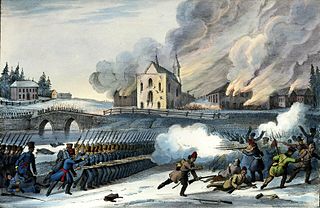
The Lower Canada Rebellion, commonly referred to as the Patriots' Rebellion in French, is the name given to the armed conflict in 1837–38 between rebels and the colonial government of Lower Canada. Together with the simultaneous rebellion in the neighbouring colony of Upper Canada, it formed the Rebellions of 1837–38.

The Constitutional Act 1791 was an Act of the Parliament of Great Britain which was passed during the reign of George III. The act divided the old Province of Quebec into Lower Canada and Upper Canada, each with its own parliament and government. It repealed the Quebec Act 1774. The act remained in force until 1841, when it was largely repealed by the Union Act, 1840, which reunited the two provinces into the new Province of Canada. Some provisions relating to the clergy reserves remained in force. The remaining provisions of the act were repealed over time, with final repeal in 1966.

The Quebec sovereignty movement is a political movement whose objective is to achieve the independence of Quebec from Canada. Sovereignists suggest that the people of Quebec make use of their right to self-determination – a principle that includes the possibility of choosing between integration with a third state, political association with another state or independence – so that Québécois, collectively and by democratic means, give themselves a sovereign state with its own independent constitution.

Little, Big: or, The Fairies' Parliament is a contemporary fantasy novel by John Crowley, published in 1981. It won the World Fantasy Award in 1982.

Quebec was first called Canada between 1534 and 1763. It was the most developed colony of New France as well as New France's centre, responsible for a variety of dependencies. Common themes in Quebec's early history as Canada include the fur trade — because it was the main industry — as well as the exploration of North America, war against the English, and alliances or war with Native American groups.
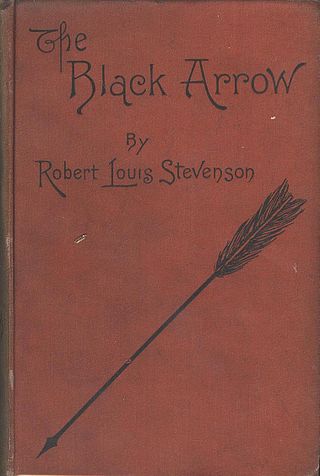
The Black Arrow: A Tale of the Two Roses is an 1888 children's novel by Robert Louis Stevenson. It is both a historical adventure novel and a romance novel. It first appeared as a serial in 1883 with the subtitle "A Tale of Tunstall Forest" beginning in Young Folks; A Boys' and Girls' Paper of Instructive and Entertaining Literature, vol. XXII, no. 656 and ending in vol. XXIII, no. 672 —Stevenson had finished writing it by the end of summer. It was printed under the pseudonym Captain George North. He alludes to the time gap between the serialisation and the publication as one volume in 1888 in his preface "Critic [parodying Dickens's 'Cricket'] on the Hearth": "The tale was written years ago for a particular audience..." The Paston Letters were Stevenson's main literary source for The Black Arrow. The Black Arrow consists of 79,926 words.

The Report on the Affairs of British North America, commonly known as the Durham Report or Lord Durham's Report, is an important document in the history of Quebec, Ontario, Canada and the British Empire.
The constitutional history of Canada begins with the 1763 Treaty of Paris, in which France ceded most of New France to Great Britain. Canada was the colony along the St Lawrence River, part of present-day Ontario and Quebec. Its government underwent many structural changes over the following century. In 1867 Canada became the name of the new federal Dominion extending ultimately from the Atlantic to the Pacific and the Arctic coasts. Canada obtained legislative autonomy from the United Kingdom in 1931, and had its constitution patriated in 1982. Canada's constitution includes the amalgam of constitutional law spanning this history.

Canadian nationalism seeks to promote the unity, independence, and well-being of Canada and the Canadian people. Canadian nationalism has been a significant political force since the 19th century and has typically manifested itself as seeking to advance Canada's independence from influence of the United Kingdom and the United States. Since the 1960s, most proponents of Canadian nationalism have advocated a civic nationalism due to Canada's cultural diversity that specifically has sought to equalize citizenship, especially for Québécois and other French-speaking Canadians, who historically faced cultural and economic discrimination and assimilationist pressure from English Canadian-dominated governments. Canadian nationalism became an important issue during the 1988 Canadian federal election that focused on the then-proposed Canada–United States Free Trade Agreement, with Canadian nationalists opposing the agreement – saying that the agreement would lead to inevitable complete assimilation and domination of Canada by the United States. During the 1995 Quebec referendum to determine whether Quebec would become a sovereign state or whether it would remain in Canada, Canadian nationalists and federalists supported the "no" side while Quebec nationalists largely supported the "yes" side, resulting in a razor-thin majority in favour of the "no" side.

Augustin-Norbert Morin was a Canadien journalist, lawyer, politician, and rebel in Lower Canada. He was a member of the Legislative Assembly of Lower Canada in the 1830s, as a leading member of the Parti patriote. Although he participated in the Lower Canada Rebellion, the British authorities concluded his conduct did not warrant a charge of high treason. After the Rebellion, he entered politics in the Province of Canada, eventually becoming joint premier of the Province. Retiring from politics due to health concerns, Morin was appointed to the bench. He was one of the commissioners who codified the law of Lower Canada, producing the Civil Code of Lower Canada which stayed in force for over a century.
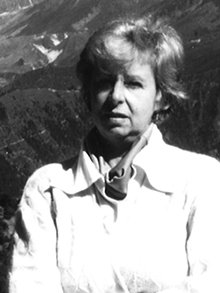
Suzanne Chouinard Martel was a French Canadian journalist, novelist and children's writer.

Starting with the 1763 Treaty of Paris, New France, of which the colony of Canada was a part, formally became a part of the British Empire. The Royal Proclamation of 1763 enlarged the colony of Canada under the name of the Province of Quebec, which with the Constitutional Act 1791 became known as the Canadas. With the Act of Union 1840, Upper and Lower Canada were joined to become the United Province of Canada.
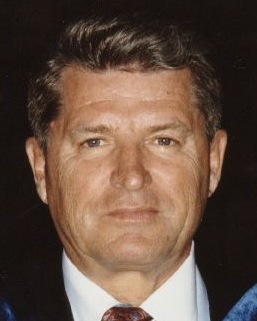
Rodrigue Tremblay is a Canadian economist, humanist and political figure. He is an emeritus professor of economics at the Université de Montréal. He specializes in macroeconomics, international trade and finance, and public finance. He is the author of books in economics and politics. Tremblay's documents and archives are kept at the Center of Archives of the Quebec National Library and Archives, in Montreal, Quebec.
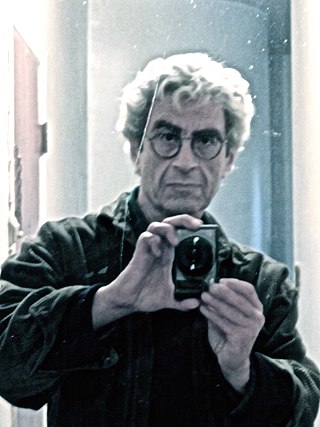
Pan Bouyoucas is a Greek-Canadian author, playwright and translator.
The following is an incomplete bibliography of the 1837-1838 insurrections in Lower Canada in the English and French languages, by publication date and document type.

Why I Am a Separatist is a political essay by Marcel Chaput, a militant for the independence of Quebec from Canada. It was published in French in 1961 and in English translation in 1962.

Timeless is a steampunk paranormal romance novel by Gail Carriger. Released on February 28, 2012, by Orbit Books, Timeless is the fifth and final book in the New York Times best-selling "The Parasol Protectorate" series, each featuring Alexia Tarabotti, a woman without a soul, as its lead character.

Suzanne Aubry is a Canadian novelist, screenwriter and playwright from Montreal.

















